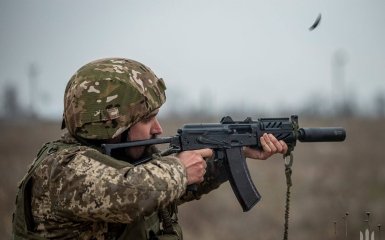The main source of funding for Ukraine should be the involvement of frozen assets of the Russian Federation to pay compensation for the losses caused by the war.
Ukraine will be able to receive funds to finance the war until 2028
The publication assumes that the American aid package will provide Ukraine with weapons and ammunition until approximately the end of 2025. Therefore, in the same period, Ukraine may run out of weapons again.
Even if Joe Biden is re-elected president of the United States this November, he may have a hard time getting additional funds from Congress. And if Donald Trump returns to the White House, American support for Ukraine will become even more dubious, given the fact that the Republican candidate had previously shown no readiness to defend Kyiv, the article says.
The publication believes a multi-year financing plan for Ukraine would have several advantages. First of all, it will provide some insurance against US political fluctuations. It would also boost Ukrainian morale and give Western arms manufacturers more confidence in ramping production.
The primary way to get much more money for Ukraine is to mobilise Russian assets, which were frozen by Western countries at the beginning of the war, amounting to about 320 billion dollars.
If countries guarantee the payment of interest on assets for ten years, they will be able to collect between 30 and 40 million euros. Although this will help, it will not change the situation, as it will finance Ukraine for less than half a year, the article says.
At the same time, it is emphasised that if Ukraine receives $320 billion, it will be a completely different matter.
This will fund the war until at least the end of 2028. Ukraine will be able to use part of the money to restore its economy, which, according to the World Bank, will cost $486 billion.
There is still no final EU decision regarding Russia's frozen assets
According to the head of Polish diplomacy, Radoslaw Sikorski, the European Union was able to make a "political decision, but not a legal one".
I can't say that there was unanimity, but there was a strong consensus on making this decision, said Josep Borrell, head of the EU's foreign policy department.
However, according to insiders of the publication, some member states of the European Union are extremely reluctant to support the use of frozen funds to provide military support to Ukraine.
It is worth noting that their position can slow down the process of making a final decision.




